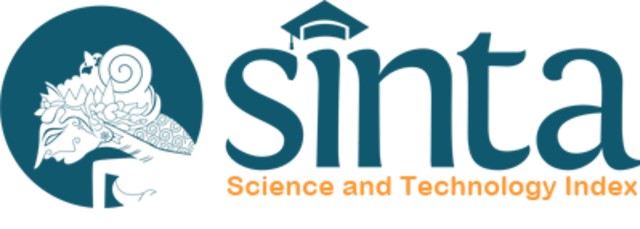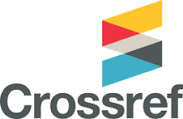Evaluasi Kinerja Lembaga Keuangan Mikro Swamitra Mina dengan Pendekatan Balanced Scorecard (Studi Kasus di Kabupaten Bantul, Yogyakarta)
Keywords:
Bad Debt Ratio, Balanced Scorecard, Coastal Community, Productive Economic Fund, Swamitra Micro Finance
Abstract
To overcome the problem of coastal community poverty, since 2001, the Directorate of Coastal Community Empowerment, Ministry of Marine Affairs and Fisheries developed the Coastal Community Economic Empowerment. The main activity of this program is to distribute the Productive Economic Fund (PEF) to the coastal community groups using the revolving fund scheme. Since the Bad Debt Ratio (BDR) was high, started 2004, the PEF has function as collateral to the Bukopin Bank under Swamitra Micro Finance scheme. The study was done in Bantul District, Yogyakarta to evaluate the performance of this institution, with main objectives are (1) to analysis the performance of Swamitra Mina Micro Finance using Balanced Scorecard (BSC) Approach; (2) to define the score of the Swamitra Mina Micro Finance Institution (MFI) criteria using BSC; (3) to analysis the affectivity of Swamitra Mina as the alternative MFI for coastal community. The data analysis includes: (a) MFI analysis using BSC approach; (b) the value of micro finance; (c) the efectivity analysis of the existence of Swamitra Mina based on community perception especially in credit mechanism, amount, duration, the interest rate, etc. The study showed that in 2006 – 2007, the financial ratio fulfilled the minimum IFAD standard. The Ratio of Return on Equity (ROE), Financial Self sufficiency (RKK), Return on Asset (ROA) and arrears in 2006 were 180,37%, 159,66%, 4,7%, 1,41% respectively and in 2007 were 220,9%, 202%, 10,61% and 2,6% respectively. Based on the debitur perspective, the highest customer satisfaction score after sale aspect is 3,94 on the average and the average customer satisfaction indexs is 3,5. The result of the perpective analysis in internal bussiness process showed that the time duration of the credit process suited to the standard time (3 days on the average) and the precise target to the coastal community was 96%. Based on the lesson and the growth perspective, the quality of human resources increased through the various training and manager sertification. The scoring criteria of the MFI performance evaluation showed that the financial perspective score was the highest (52%) contributed by the financial report sub criteria (35%) with performance indicator report of profit and deficit (17,5%) and the balance report (17,5%). The average of customer satisfaction index to evaluate the MFI efectivity was 3,53 meaning that the MFI was effective. The increasing number of debitor, and also the amount of credit and saving during the year of 2006-2007 indicated that the existence of MFI may functioned as the alternative institution to serve the capital for the the coastal communityDownloads
Download data is not yet available.
How to Cite
SetyariniP. D., HubeisM., & KadarismanD. (1). Evaluasi Kinerja Lembaga Keuangan Mikro Swamitra Mina dengan Pendekatan Balanced Scorecard (Studi Kasus di Kabupaten Bantul, Yogyakarta). MANAJEMEN IKM: Jurnal Manajemen Pengembangan Industri Kecil Menengah, 5(1), 80-89. https://doi.org/10.29244/mikm.5.1.80-89
Section
Vol. 5 No. 1










